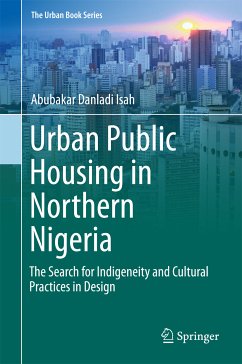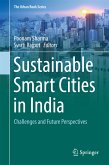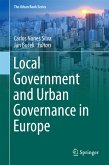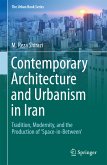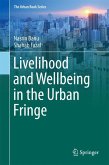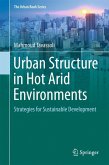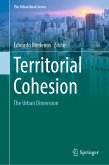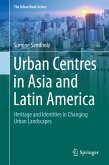The research work is directed towards developing culture-responsive public housing design frameworks that are rooted in the current users' experiences. As a result, a broad portrait of prime design emerges from said experiences. In order to accomplish this goal, the study takes into account both phenomenological and interpretive dimensions. In the process, the cultural factors behind residents' transformations are uncovered.
Dieser Download kann aus rechtlichen Gründen nur mit Rechnungsadresse in A, B, BG, CY, CZ, D, DK, EW, E, FIN, F, GR, HR, H, IRL, I, LT, L, LR, M, NL, PL, P, R, S, SLO, SK ausgeliefert werden.

